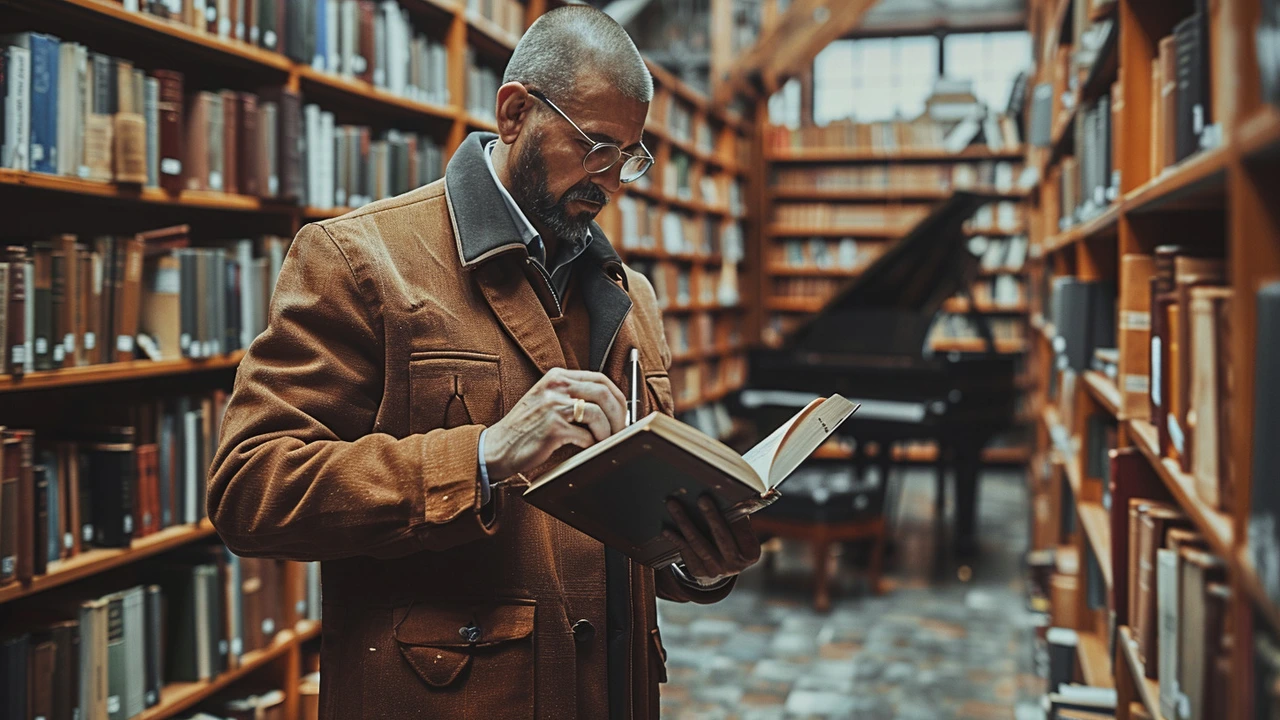The Historical Journey of Classical Music
Classical music, often seen as the pinnacle of musical artistry, has a profound historical lineage that stretches back centuries. It encapsulates a range of genres and styles, evolving through the ages from the intricate structures of Baroque to the passionate expressions of the Romantic era. Each period in classical music not only reflects the artistic endeavors of its time but also the social and cultural shifts that influenced these creations. For instance, the Classical period, championed by luminaries like Mozart and Haydn, emphasized clarity and balance, mirroring the Enlightenment ideals of rationality and order. Transitioning to the Romantic era, composers like Beethoven and Chopin introduced a deeper infusion of emotion and personal expression, resonating with the burgeoning movements of individualism and emotional introspection prevalent in society at that time.
Throughout these periods, classical music has not only served as entertainment but also as a medium for social commentary and a mirror reflecting societal values and tensions. The power of these compositions goes beyond mere aesthetics, driving cultural movements and inspiring generations. Scholars and music enthusiasts continue to explore these connections, discovering new insights into the socioeconomic impacts of classical music across different eras.
Emotional and Psychological Impact of Classical Music
Listening to classical music is more than an auditory experience; it's a deep psychological journey that can evoke a wide range of emotions and even influence mental health. Studies have shown that classical music has the ability to reduce stress, enhance brain function, and improve sleep patterns. The structured harmony and rhythm found in classical compositions can have a calming effect on the mind, making it a popular choice in therapy and relaxation practices. For example, the slow, soothing strains of Debussy’s 'Clair de Lune' or the intricate patterns of Bach’s fugues have been noted for their therapeutic qualities, helping listeners to relieve anxiety and depression.
Apart from the general benefits, specific elements of classical music, such as tempo, rhythm, and melody, are believed to influence the psychological state of listeners directly. Songs with a slower tempo can induce a state of relaxation, while those with a faster tempo can enhance alertness and concentration. The complexity and intellectual stimulation provided by classical compositions also offer cognitive benefits, including enhanced memory and problem-solving skills. This connection between classical music and cognitive function is particularly observed in the 'Mozart Effect,' a term coined after studies suggested that listening to Mozart’s compositions could momentarily enhance scores on certain parts of IQ tests.
The Timeless Relevance of Classical Music in Modern Society
Despite the shifts in popular musical trends, classical music retains a significant presence in modern culture. It continues to be a staple in educational settings, where it is used to enhance learning environments and stimulate cognitive development in students. Additionally, classical music finds its place in contemporary cinema, television, and even video games, where its dramatic potential is harnessed to enhance storytelling and evoke a specific atmosphere. This enduring relevance is a testament to the universal appeal and timeless nature of classical music.
Moreover, in an age dominated by quick consumption and constant digital connectivity, classical music offers a respite, a chance to slow down and engage in deeply focused listening. Whether it’s through live concerts or digital playlists, classical music continues to provide a sanctuary for reflection, emotional exploration, and intellectual engagement. The beauty of classical music lies not just in its historical significance or aesthetic appeal but also in its ability to adapt and resonate with contemporary listeners, bridging the gap between the past and the present.



